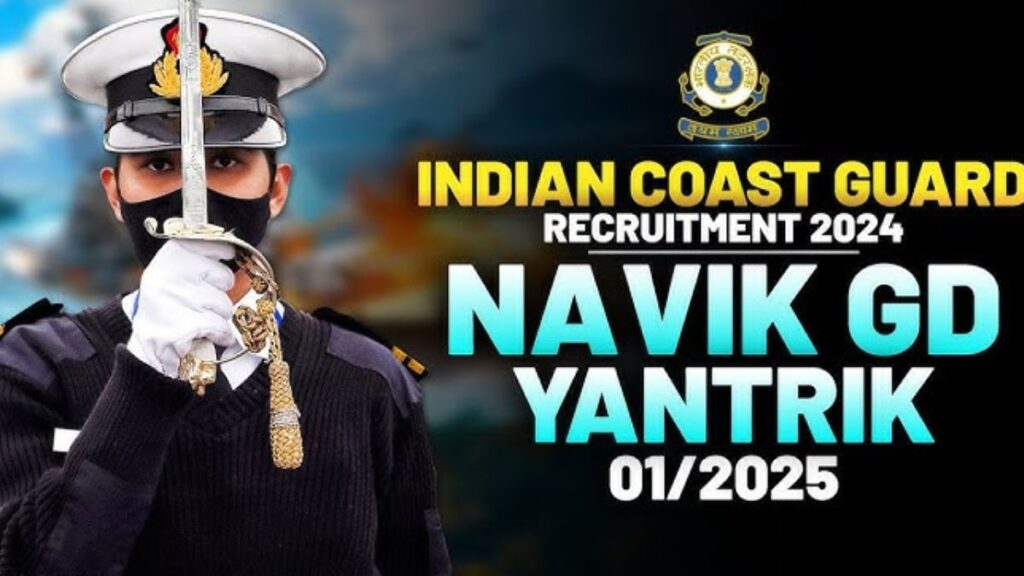The Indian Coast Guard (ICG) has had an exceptional year, achieving milestones in maritime safety, international collaboration, and operational efficiency. This year, the ICG conducted multiple rescue missions, upgraded its fleet, and played a significant role in disaster preparedness.
Heroic Rescue Operations
The ICG showcased its excellence in maritime rescue through several missions in 2024. One remarkable incident occurred on July 17, when a fishing boat named Aashni encountered extreme weather conditions off the coast of Kochi, Kerala. The vessel, carrying 11 crew members, faced critical damage and a possible sinking. The ICG promptly deployed its Dornier aircraft to locate the distressed boat and sent ICGS Saksham for the operation. The crew was rescued safely, highlighting the agency’s readiness and efficiency.
Another major rescue took place on August 25, when the ICG saved the lives of 11 crew members aboard the sinking cargo ship MV ITT Puma. This operation, conducted 90 nautical miles from Sagar Island, involved coordinated efforts using advanced patrol vessels like ICGS Amogh and aerial support. Such missions demonstrate the Coast Guard’s commitment to safeguarding lives at sea.
Strengthening International Ties
The ICG has continued to strengthen relationships with neighboring maritime organizations. Notably, in August and September, ICGS Sujay visited Indonesia and South Korea as part of goodwill visits. These engagements allowed the Coast Guard to collaborate with other nations on key areas like search-and-rescue operations and maritime law enforcement. The visits also included joint training sessions, fostering mutual understanding and cooperation.
Such international exchanges are vital for sharing best practices and enhancing collective maritime security.
Expansion and Recruitment
To meet growing operational demands, the Indian Coast Guard has focused on recruiting talented personnel. In 2024, the agency announced 140 new vacancies for Assistant Commandants in various branches. The rigorous recruitment process concluded this December, ensuring the induction of skilled officers who will contribute to the force in the coming years.
This expansion highlights the ICG’s dedication to staying equipped with a capable and professional workforce, ready to tackle evolving maritime challenges.
Fleet Modernization
Upgrading its fleet has been a priority for the Coast Guard this year. In January, the Ministry of Defence approved a contract to build 14 Fast Patrol Vessels (FPVs). These high-speed vessels are designed for coastal patrolling, search-and-rescue missions, and law enforcement activities. The first vessel’s construction began in December, with plans to deploy the entire fleet within five years.
Such advancements in fleet capabilities underline the ICG’s efforts to remain technologically advanced and mission-ready.
Role in Disaster Management
The Coast Guard’s preparedness during natural disasters was evident during Cyclone Dana in October. As the cyclone approached India’s eastern coast, the ICG strategically positioned its vessels and aircraft to respond to any maritime emergencies. This proactive approach ensured the safety of coastal communities and minimized disruptions to maritime activities.
Their role in disaster management demonstrates the agency’s ability to operate effectively under challenging circumstances.
Promoting Maritime Safety
In addition to rescue and disaster response, the ICG has worked on enhancing maritime safety. Through regular surveillance, the agency has thwarted smuggling attempts and illegal fishing activities, ensuring that India’s maritime boundaries remain secure.
By conducting drills and awareness campaigns, the Coast Guard has also educated local fishermen on safe practices, further reducing accidents at sea.
Read more

